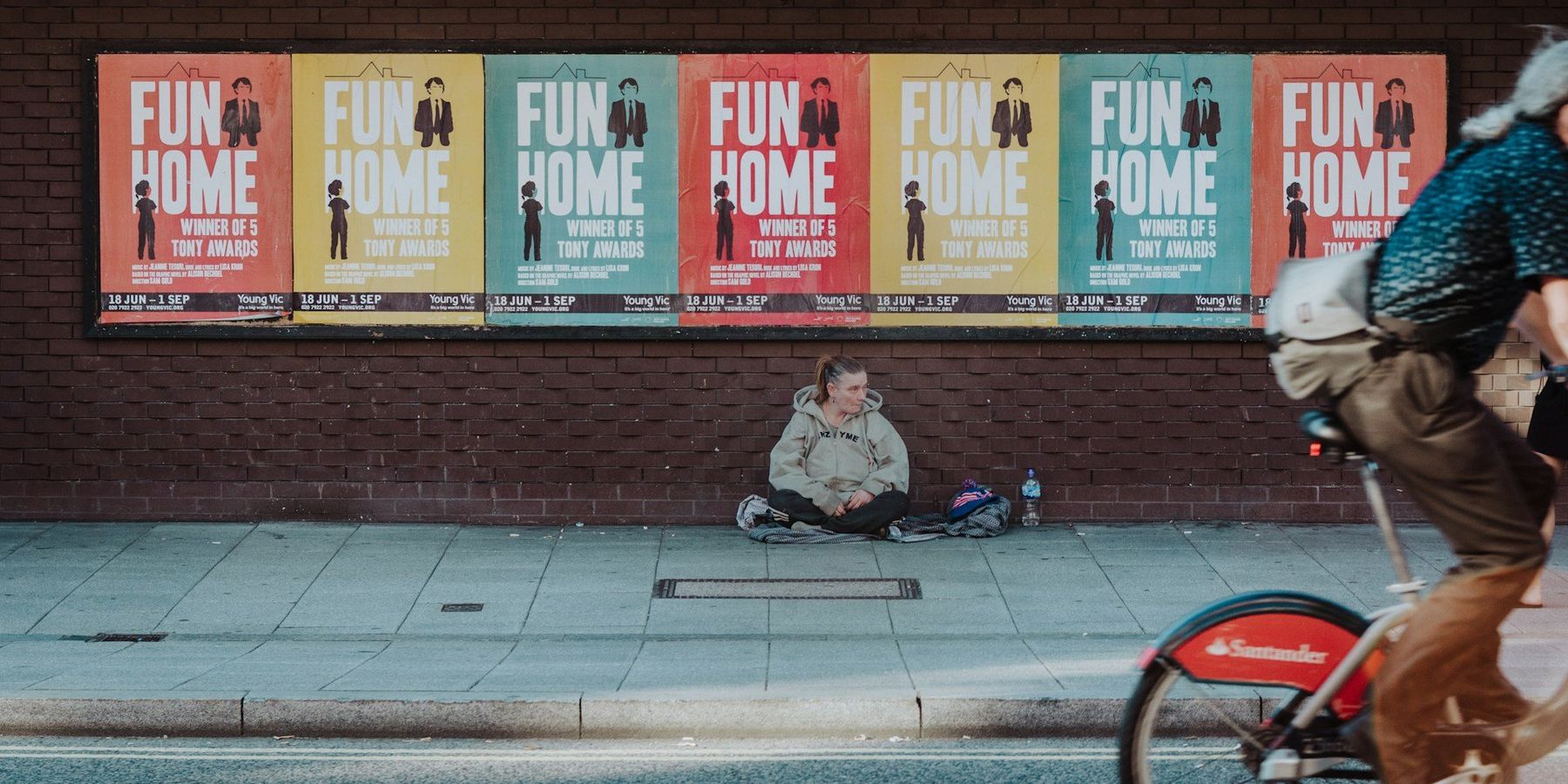
Op-ed: People need shelter from climate change — their health hangs in the balance
The discourse on climate resilience must include affordable housing policy solutions.
The expansion of federal housing policy initiatives that Vice President Kamala Harris proposed in August — looking to increase the number of housing units on the market and make more units affordable — is actually a climate change adaptation policy. And much more is needed.
The summer of 2024 was the warmest summer on record, and came after months of record-high global temperatures. While the Atlantic hurricane season got off to an early start this year as well, it is growing increasingly difficult to weather the many different catastrophes — a critical threat to health — that climate change is throwing at us.
At the same time, it is becoming harder for many American families to take refuge from climate threats at home, as the cost of housing keeps rising. Half of all households renting their homes spend more than 30% of their income on rent and utilities, the threshold for an excessive burden on the family budget. Housing prices have risen almost 65% over the past 10 years, rendering home ownership equally tenuous for many Americans.
As summer winds down, the dangers of extreme heat offer a stark example. Houseless populations are at particularly high risk of illness and death when temperatures rise. Unsheltered, these populations face intense heat exposures, often without access to air conditioning or even adequate shade.
Half of all households renting their homes spend more than 30% of their income on rent and utilities, the threshold for an excessive burden on the family budget.
However, the threat of extreme heat extends to those that might be stretched thin by exorbitant utility bills. These groups are often forced to choose between using air conditioning to fully cool their homes, versus food or medicine — a choice between life and death on a sweltering summer day, as heat-related deaths frequently occur when people are inside their un-air-conditioned homes.
As the U.S. grapples with these two crises — the climate crisis and affordable housing — we see increasingly that these issues are intertwined and deepen longstanding inequities. Extreme weather events can have significant health consequences and housing is often an overlooked first line of defense. Even more alarming, evictions increase following climate-related disasters.
Groups who are unhoused, lack reliable shelter, or those who pay more than 30% of household income for housing costs are at heightened risk of experiencing poor health outcomes during or following extreme weather events. Without access to properly insulated housing, air conditioning, energy subsidies to support air conditioning use, or sound structural buildings, an alarmingly high proportion of Americans lack effective protections against extreme temperatures, floodwaters, and the poor air quality associated with climate change.
The conversation around housing policy frequently highlights its potential to slow down or even mitigate impacts of climate change. Eliminating single-family zoning, enforcing minimum efficiency standards for appliances, and reducing parking minimums can reduce a community’s carbon footprint by encouraging increased density, eliminating urban sprawl, and reducing energy consumption.
What is less frequently discussed is how these policies for improving affordable housing also enhance climate resilience and help prevent the adverse health outcomes associated with extreme weather events and disasters resulting from climate change.
The housing and climate crises disproportionately burden marginalized families, low-income populations, and older adults. Decades of systemic discrimination have entrenched these disparities in the U.S, leaving low income and households of color —both renters and homeowners — to face greater housing cost burdens. These groups are also disproportionately burdened by the health impacts of climate change; they often live in areas that are particularly hot or prone to flooding, they have low access to air conditioning, and they experience disproportionately high levels of energy poverty.
Older adults, who make up an increasingly larger share of the U.S. population and often live on fixed incomes, are perhaps hit hardest by this twin crisis. Nearly 11.2 million older adult households are burdened by steep housing costs, an all-time high, and older adults are more sensitive to adverse climate-related health consequences because of an accumulation of chronic conditions. Without better access to quality, health-supporting, and affordable housing, they are more vulnerable to the health effects of climate change.
That’s why the discourse on climate resilience must include affordable housing policy solutions. While initiatives like incentivizing clean energy uptake, bolstering green infrastructure, and improving disaster preparedness are essential, they cannot be the sole focus. Congress should recognize that when they pass legislation to increase funding for affordable housing and homelessness programs, as they did in March 2024, they are also protecting Americans from the climate crisis.
Federal programs that increase affordable housing opportunities, such as the Housing Choice Voucher (HCV) program, or assist residents with maintaining safe temperatures and conditions inside their home, such as the Low Income Home Energy Assistance Program (LIHEAP), are critical tools for climate adaptation and their expansion needs to be prioritized in the years ahead. At the state and local level, the expansion of eviction and utility disconnection moratoriums during extreme weather (including heat) events, tax abatement programs to prevent displacement, and the establishment of indoor residential cooling standards can also protect those most at risk.
It’s time to recognize that housing and climate are two intertwined threats. Supporting and expanding policies that promote safe, affordable, and health-supporting housing can build a future where everyone, including the most vulnerable groups, are resilient in the face of a changing climate.













